The simple act of digestion food journaling could shave off years from your gut healing journey.
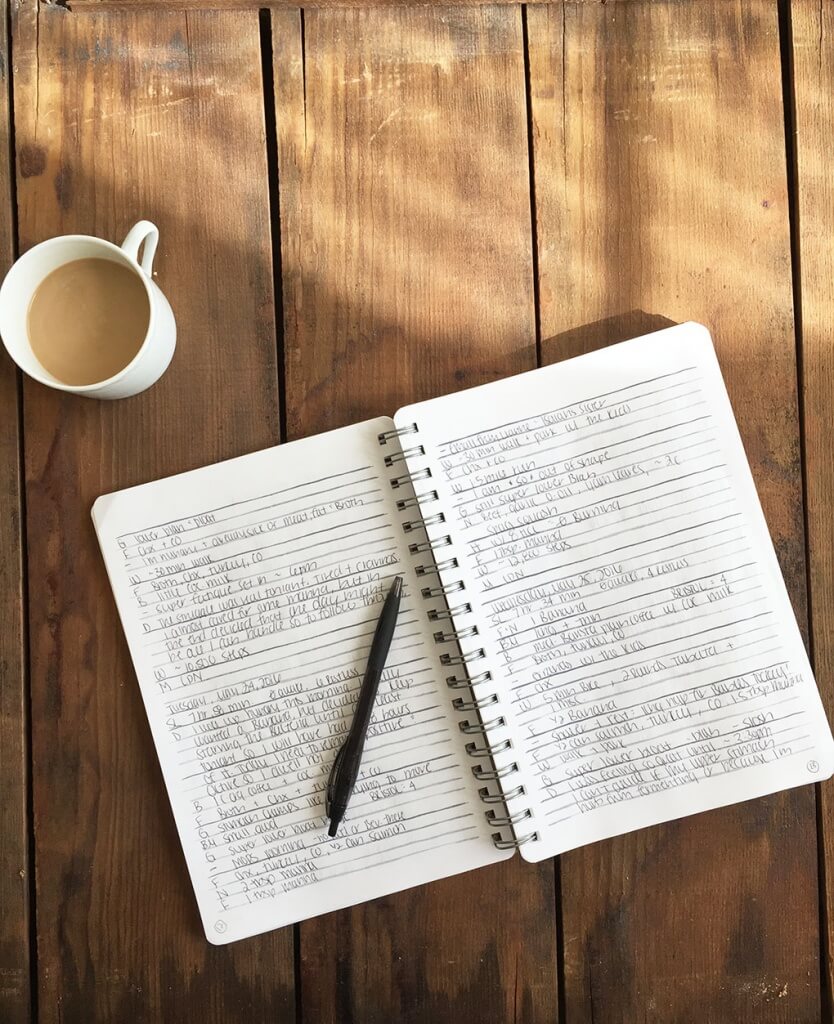
Food Journaling
Food journaling, and journaling in general, is a great way to reap the rewards.
A journal, as it relates to the “diary” form, is simply just a daily record of events or business.
I’ve kept multiple throughout the years, but none have ever truly stuck. (Well, except for ‘Healing Blooms from Within….’)
One of my best friends, while preparing a speech for my wedding, uncovered an old one from junior high or high school. Ah – now those journals contained so much juice. Ha!
While attending the Institute for Integrative Nutrition, I became excited about digestion food journaling in a whole new way.
We kept a basic journal throughout our school training, but the journal I kept was different than anything before.
Prior to school, it was just a straight food journal.
And then I began understanding how there was so much more to digestion food journaling than food.
I have journals upon journals with various information, fiction and non-fiction scribbles, poetry….life scenes in general.
But the best, most useful and relevant journals I have ever kept have been my food journals.
I literally have hundreds of pages filled with food information.
The bulk of these food journals began back in 2007, when I began to connect the lovely dots of food – digestion – the digestive system – and my overall health and well-being.
My First Food Journal
No judging, but check out the chicken scratch from my early days of food journaling.
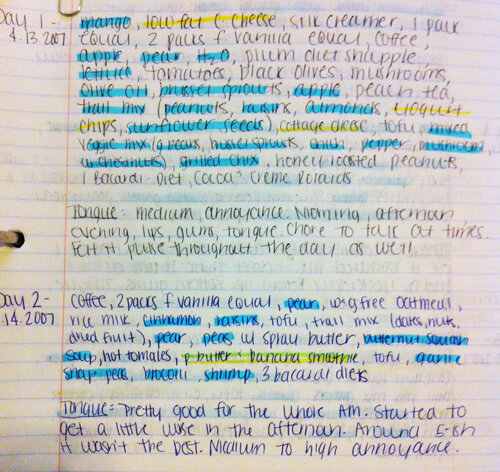
I have come so far, in the way that I food journal and eat.
And, in fact, I love looking back at this sheet to see where I was then and where I am today.
Digestion Food Journaling
Click HERE to save this post for later.
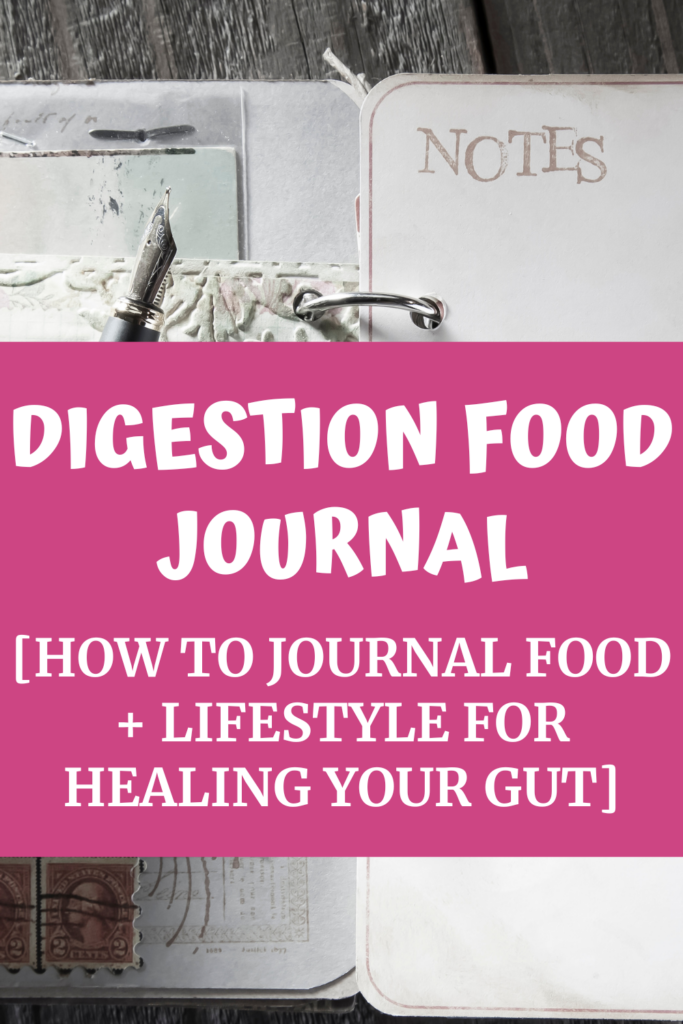
When it comes to journaling, food journaling is the prime way for identifying, tracking, and managing IBS and/or IBD.
The best way you can track what foods and lifestyle pieces make your digestive system upset is to keep track of what you eat via a food journal.
Every meal, you write down what you ate, how much of it you ate, and when you ate it. Each time you have a reaction, like diarrhea, constipation, gas, etc., you write that down and track when it happened.
Additionally, you always want to keep track of various things such as stress levels, physical activity, supplements, water and life in general.
During my intense period of hand-holding with clients, we are able to reflect on these journals daily to find patterns.
Ultimately, these patterns tell us which foods should likely be eliminated for the long haul and also the foods that are non-offenders.
Food journaling was a prime component to my own healing.
It continues to be – daily. Yes, I can tell you exactly what I did, ate, thought, felt, how active I was, etc. etc. from yesterday.
I believe in the power of investigating via history.
We can’t become better and healthier tomorrow, if we don’t understand what happened yesterday and make necessary changes today.
Rewards from Digestion Food Journaling
I guarantee you will truly reap the rewards with food journaling.
If you do it properly, you are just one step away from thinking better, smelling better, giving better, loving better, living better, be-ing better — your guts will tell you so, too 🙂
If you liked this post, you might also enjoy:
- 11 Yearly Gut Health Tracker Bullet Journal Ideas
- Elimination Diet Food List {Phase 1}
- How to Journal for Gut Healing
Xox,
SKH
🤰 bloating be gone! weight loss through optimal gut health for women
💃ʜᴇᴀʟ ʏᴏᴜʀ ɢᴜᴛ. ʜᴇᴀʟ ʏᴏᴜʀ ʟɪfe.
🫶🏻 founder gutbyome.com

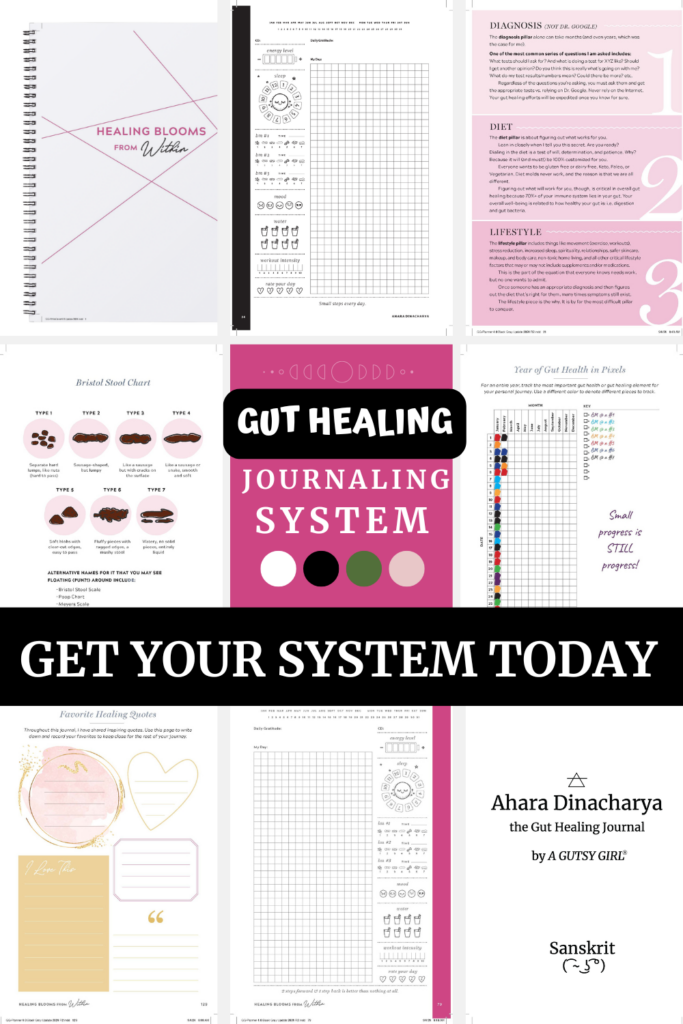
![Am I Sick [How to Heal the Gut with No Previous Knowledge]](https://agutsygirl.com/wp-content/uploads/2013/07/bloat-featured-agutsygirl.com-copy.png)

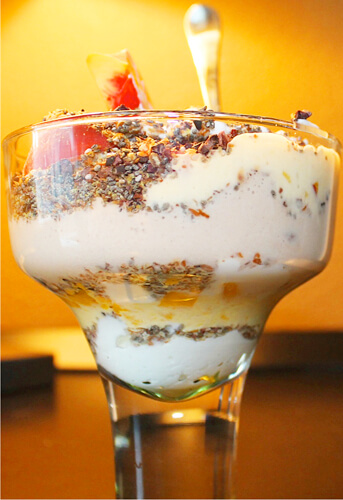
![Interesting Facts About the Immune System [Plus 13 Science Backed Ways to Boost Your Immune System]](https://agutsygirl.com/wp-content/uploads/2020/05/immune-system-featured-agutsygirl.com_.png)
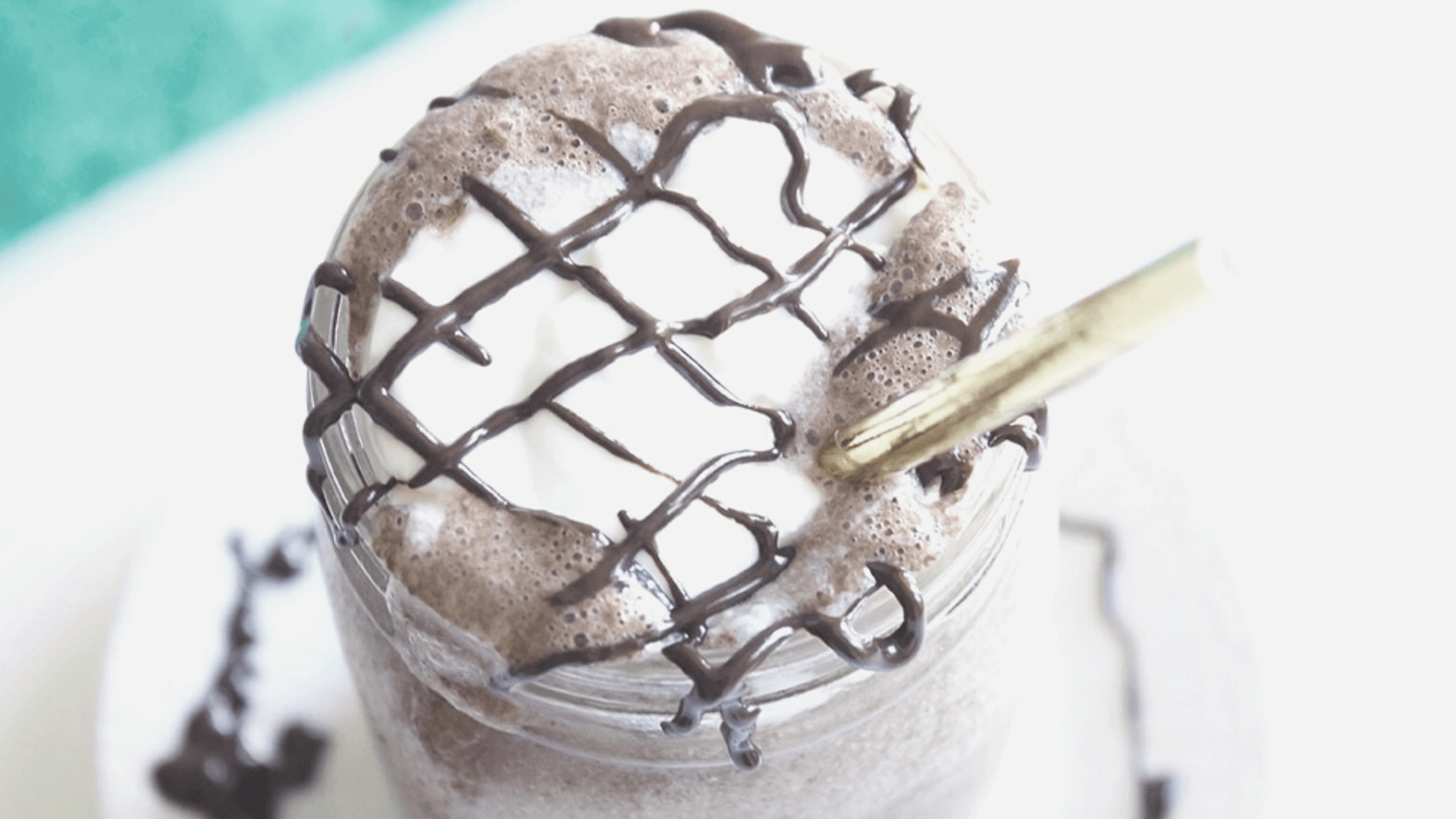

I realized when working with someone from IIN that a food journal is so much more than just calories. you are right they allow you to see patterns and really make actual changes
Yes, much more than just calories. Those can, by the way, be tracked, too!
What does your food journal look like now?
From what perspective, Julie?